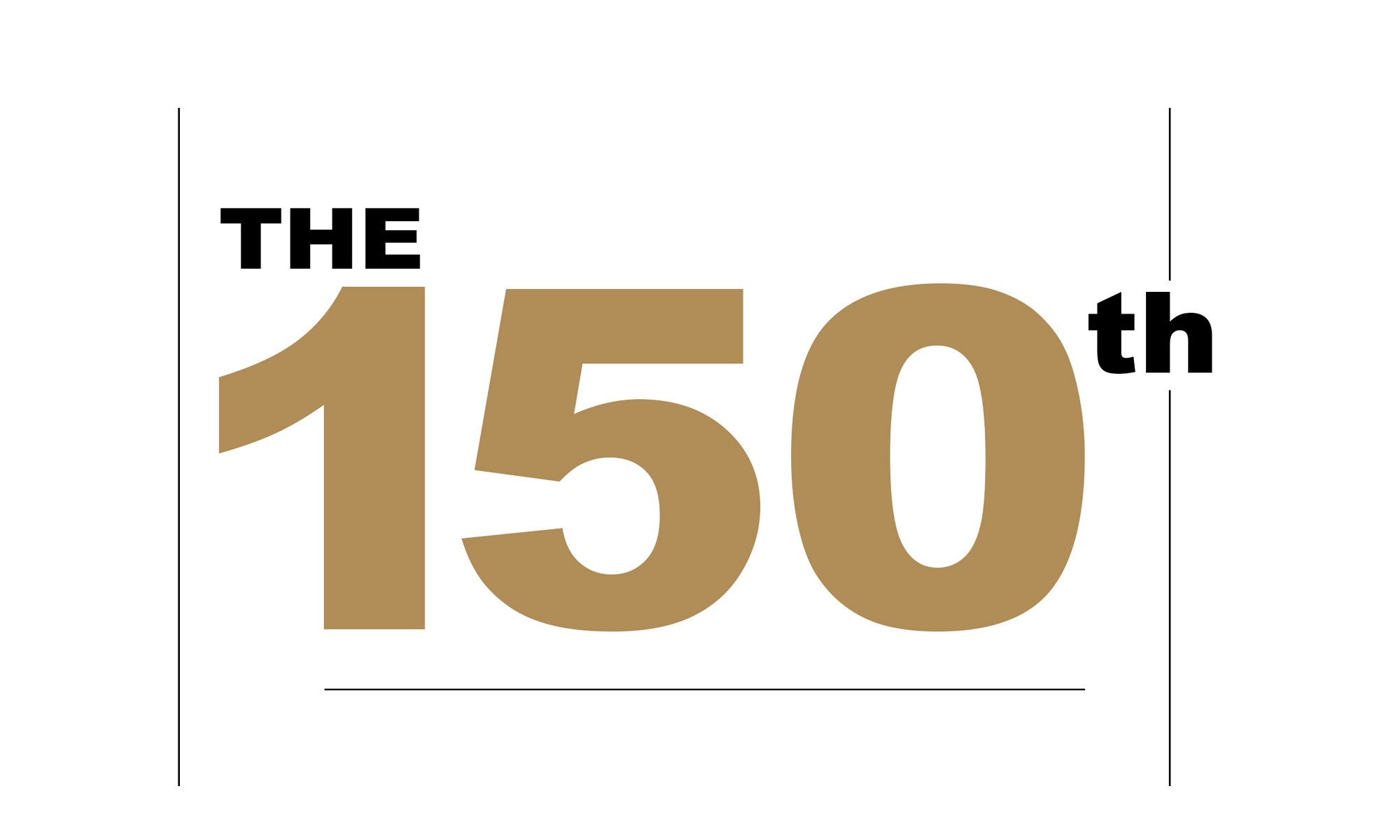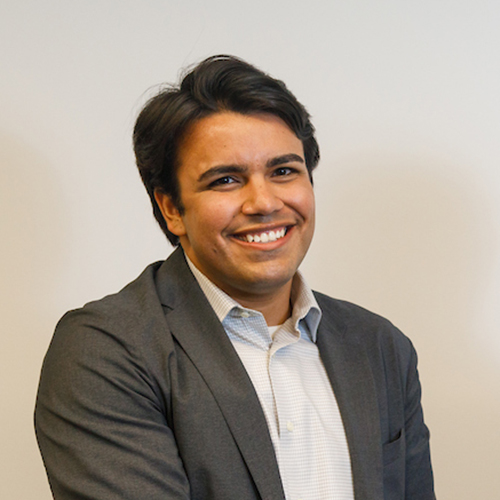The 150th: Julian Burlando-Salazar
The member of BU Law's 150th graduating class reflects on his experience in law school.

Julian Burlando-Salazar (JD’23) Was Inspired by Public Service
The member of BU Law’s 150th graduating class reflects on his experience in law school.
The Commencement of the Class of 2023—BU Law’s 150th graduating class—makes a fitting culmination to a year of events celebrating the school’s sesquicentennial. Like tens of thousands who have gone before them, these graduates are poised to go out in the world and accomplish amazing things.

Studying and socializing together across various cultural backgrounds and experiences, they formed close bonds and learned about themselves and the law.
This group of JD students arrived from 21 countries and 35 states, plus the District of Columbia and Puerto Rico. They had the added challenge of beginning their studies during a pandemic. But they went the distance. They worked hard to apply themselves and find career paths that matched their interests and abilities.
Likewise, the LLM, masters, and certificate students hailed from 40 countries and represented professionals at every career level, from age 21 to 70. Many received intensive instruction in legal English to build a strong foundation for their studies. They will use their newfound knowledge to advance their careers and improve legal systems here and abroad.
We checked in a group of students—including Julian Burlando-Salazar (’23)—during their final year to learn more about what made their time at BU Law unique and how they plan to make the most of their degrees.
Q&A
The Record: I understand your grandparents had a big influence on your life. Tell us about that?
Julian Burlando-Salazar: I am really grateful to have two sets of grandparents who were very involved in raising me. A recurring theme among them was an emphasis on education. My mom’s dad was a cardiologist, and my mom’s mom was a nurse. My grandfather always took an interest in my career and what I was learning. Even now, we talk on the phone nearly every week.
My dad’s dad, who passed away recently, was a public servant. He worked as a California Highway Patrol officer and was on special assignment to Governor Jerry Brown during his first term [1975 to 1983]. His wife, my grandma, was a public school kindergarten teacher.
I don’t think I connected the dots [between their careers and my goals] until later, but their commitments to public service and care for others resonated with me a lot more than I had previously realized. And my own commitment to this kind of work was also reinforced by my mother, who is a public elementary school teacher and leader in her teacher’s union.
The Record: In the spirit of helping others, I understand you worked in the Access to Justice Clinic at BU Law. What was that like?
Julian Burlando-Salazar: We represented tenants in the eviction process. One thing we stressed in the clinic is that our clients’ narratives play an important role in how they interact with the legal system. If those stories aren’t shared, and their voices aren’t heard, the legal system remains incapable of adequately addressing their circumstances.
For example, we worked with one tenant being evicted for her son’s alleged criminal conduct that occurred near her home. Her case had a larger, more complex history that likely wouldn’t have been respected without legal representation. The initial settlement agreement said if her son tried to visit her, she had to call the police. And our client being a Black woman, and her son a Black man, this put them at risk for a potentially deadly police encounter. With our client’s help, we explained her perspective. Fortunately, the landlord’s attorney agreed to remove that provision.
When tenants don’t have representation, these kinds of injustices occur all too often. Training law students to develop these narratives and have these conversations is so important. And the Access to Justice Clinic does all that. It was by far one of the most rewarding experiences I’ve had in law school.

The Record: What other experiences shaped your time in law school?
Julian Burlando-Salazar: This year I’m the executive editor of the Boston University Law Review. I run the writing competition for first-year law students who want to join a journal, and I participate in the last round of edits for every article we publish. It’s so cool to be exposed to cutting-edge legal scholarship.
I’ve also met some of my best friends in law school, particularly in the Latin American Law Students Association. It’s nice to find your community and be able to give back to others. I found a ton of joy in that. As co–vice president, I designed our mentorship program and matched students into their familias.
The Record: What are your plans for after graduation?
Julian Burlando-Salazar: This fall, I’m starting at WilmerHale in Boston. I spent my 2L summer there, and it was an incredible experience with amazing people. After about a year or so, I will be moving to Guam to clerk for US District Court Judge Frances Tydingco-Gatewood. I’m hoping to clerk again after that, and I don’t know where that will take me. Eventually, I might transition back to California. I definitely want to be near my family at some point.
The Record: What type of law will you practice at WilmerHale?
Julian Burlando-Salazar: I will be an associate in the general litigation practice group. Part of why I like the firm so much is its willingness to let associates explore practice areas and participate in some of the most incredible pro bono work.
The Record: Any final thoughts about your time at BU Law?
Julian Burlando-Salazar: Thinking about everything that has happened and everything I’ve done, a recurring theme is the professors.
In the Access to Justice Clinic, it’s Professor Naomi Mann. In the Latin American Law Students Association and in my work as a research assistant, it’s Professor Jasmine Gonzales Rose. In my first-year lawyering class, and then as a lawyering fellow, it’s Professor Laura D’Amato. These three professors, to name a few, were so instrumental in encouraging me to clerk after law school and keep applying myself to be a better law student, a better lawyer, and a better person. I am so grateful for that.